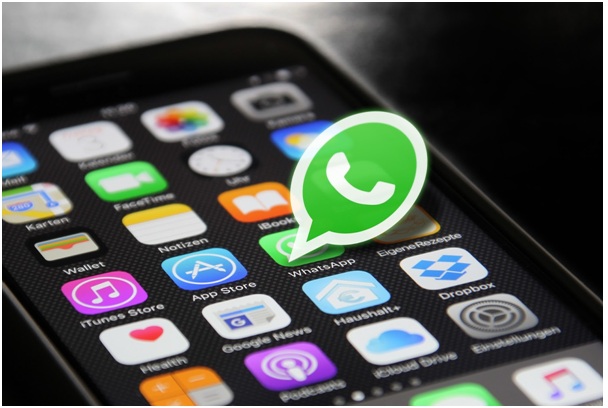WhatsApp is a great platform to interact with family and friends. But did you know you can use it to connect with your customers too? Read on for reasons to use WhatsApp as a substitute for email and ways to do that successfully.
Why use WhatsApp for customer support?
WhatsApp is the leading social app in Asia, meaning most of your customers probably have it on their phones. Customer support is supposed to offer convenience to both the customer and the support team, and that’s what WhatsApp offers. Users can view your message at their convenience, preferably at the same time, when they open the app to check other personal messages.
Emails and other traditional B2C communication channels don’t offer the same convenience. Some users take days or even weeks to check their emails and go through messages. Worse yet, your message may go unnoticed if it is hidden in a pool of other unopened emails, so there is a chance some people won’t even know you are trying to reach them.
WhatsApp solves that by providing a way to know if your message has been received and read. You can even wait for when the user is online and engage them in a live chat.
Another benefit of using WhatsApp over traditional channels is that your support team can create a group and address common client concerns without having to repeat themselves over and over. Most client issues are related, and users can learn about your product by reading existing threads.
Lastly, the app doesn’t require much data to open, which is beneficial to users who don’t have unlimited internet connections.
How to manage customer requests on WhatsApp?
WhatsApp is not only for airing complaints and asking questions. It can also be used to receive and respond to requests from customers. Businesses such as online casinos that serve hundreds or thousands of players can make the best use of this platform.
A few online casinos in India are already using WhatsApp to complement traditional communication channels. Users can send requests directly from the site, and a support agent will be on hand to respond.
JungleRaja Casino offers 24/7 WhatsApp support, in a potentially unprecedented attempt to make the app a primary support platform. This has proven quite helpful as WhatsApp is the number one chat app in India.
If you want to try the same for your business, start by downloading the app and setting up a business profile. Provide the name of your business, what you offer, and the support hours in a clear and concise manner. Your profile picture should be your brand logo, and there should be no use of emojis in the details.
Make sure the smartphone you use is always charged and that notifications are turned on.
Next, provide your business’s WhatsApp number on your site. Some people prefer placing a link on each of their pages to save users the hassle of collecting the number first.
Every time you receive a WhatsApp notification on your phone, open the message and instantly get back to the user. Don’t leave any message ticked blue. If you don’t have an answer at the ready, inform the sender that you will respond in due time. Provide a reasonable timeframe for this.
Advantages of integrating WhatsApp in your customer support
Here are some of the benefits of using WhatsApp for customer service:
- It requires just a mobile phone
- It lets you communicate over the most popular chat app in the world
- Your support team can respond anytime and anywhere
- Both your support team and your customers can tell when their message has been received and read
- It is convenient for live chats
- You can tell when the customer is online
- It facilitates easy sharing of images and video content
- You can create groups and add customers with similar concerns
The rise of WhatsApp has been nothing short of remarkable. However, many businesses have been reluctant to take it up and integrate it into their customer support. You can use WhatsApp’s features to enhance your customer relations and stand out from the crowd while saving a fortune in support expenses. Just remember to remain professional and helpful with every encounter you have with a customer.

